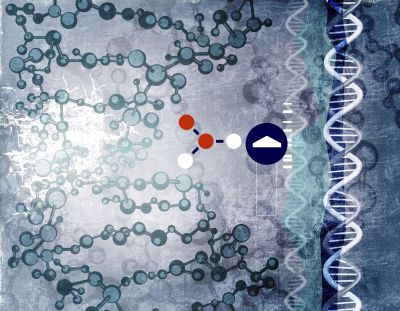Familial
amyloidosis is a rare inherited condition characterised by the build-up
of abnormal deposits of the protein transthyretin (TTR) in various
organs. Nearly 100 mutations in the TTR gene are known to cause
amyloidosis. Affected individuals show early and severe impairment of
the autonomous nervous system and also visual deterioration.
TTR is a tetrameric protein encountered in the serum and
cerebrospinal fluid, and acts as a carrier of the thyroid hormone
thyroxine. Inappropriate folding of the TTR leads to formation of
insoluble fibrils.
The current standard treatment of familial TTR amyloidosis is liver
transplantation, while certain small compounds have also demonstrated a
stabilising effect on TTR. The EU-funded FIBRILLATION consortium
proposed a different approach to stop TTR aggregation through the
protective binding of specific non-natural peptides to TTR monomers.
Scientists analysed different segments of TTR, and demonstrated
their capacity to form amyloid fibres. Key to this process was a
particular part of the protein known as beta-strand F, which gets
exposed in the monomeric form of the protein and can lead to TTR
aggregation.
Taking advantage of this information, the consortium developed
TTR-specific inhibitors that adhere to the strands F and H when TTR is
in monomeric form. These inhibitors proved to prevent abnormal folding
and aggregation of TTR in vitro.
To test the potential of the approach as a valid treatment,
scientists plan to administer the inhibitors in animal models of the
disease. Although very preliminary, the FIBRILLATION strategy offers a
promising alternative to existing treatments.
 EN
EN  CS
CS DE
DE ES
ES FR
FR HU
HU IT
IT PL
PL PT
PT РУ
РУ SK
SK TR
TR УК
УК AR
AR 中文
中文







